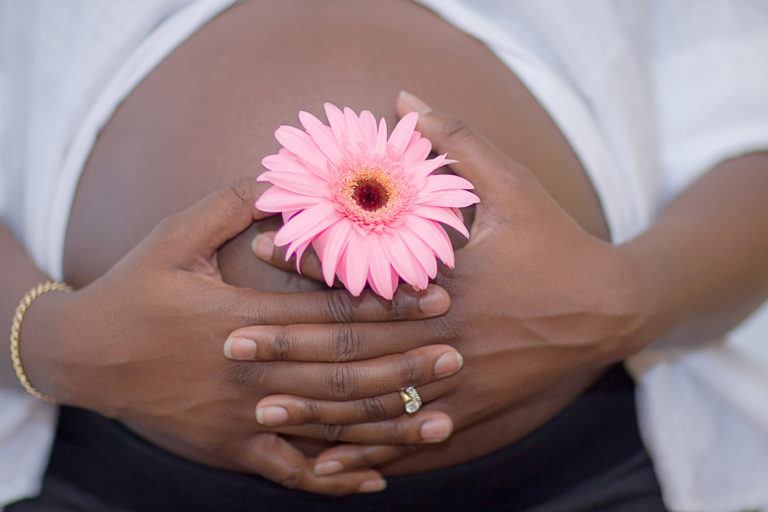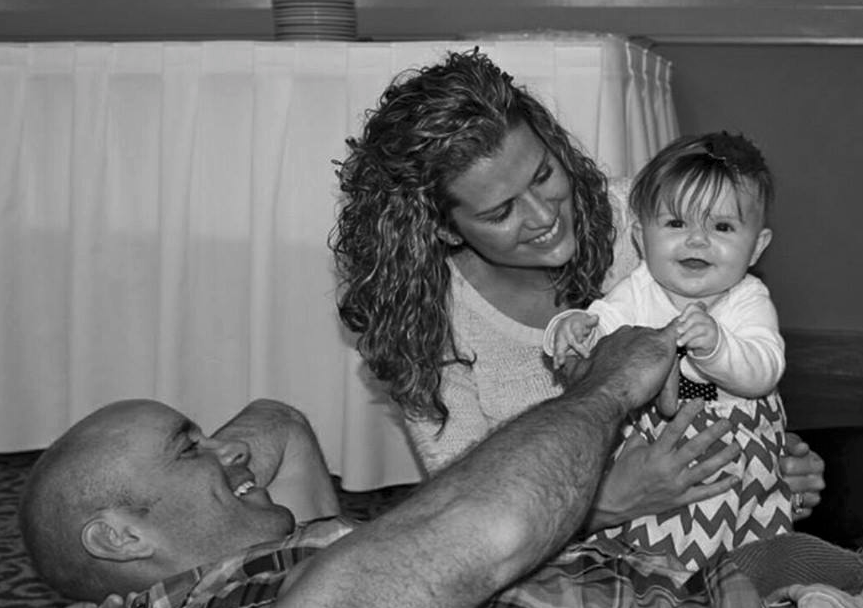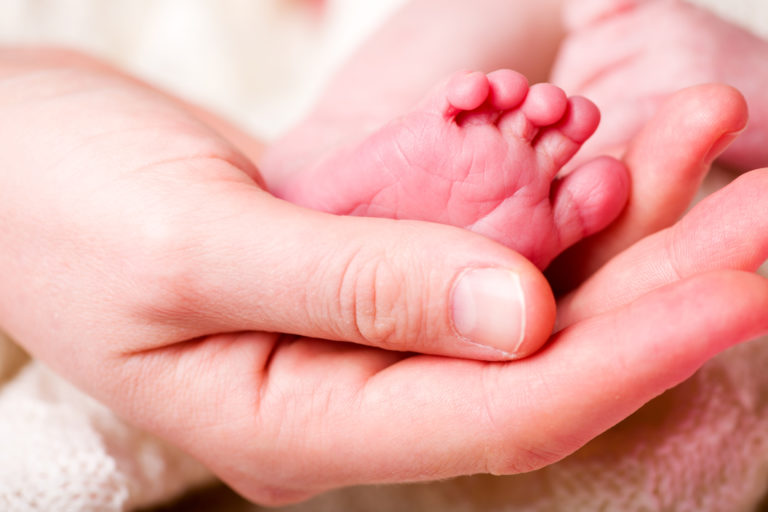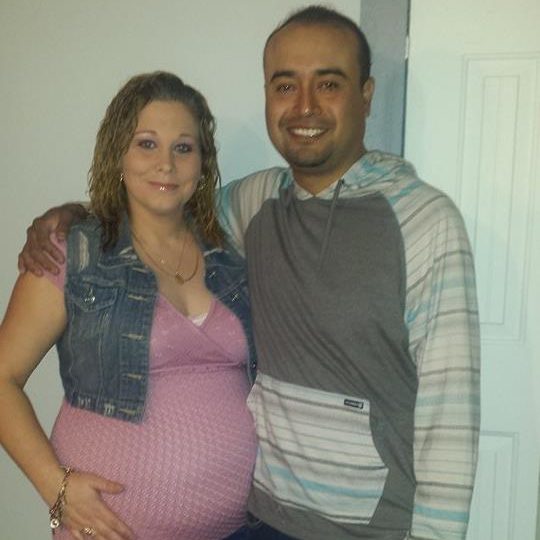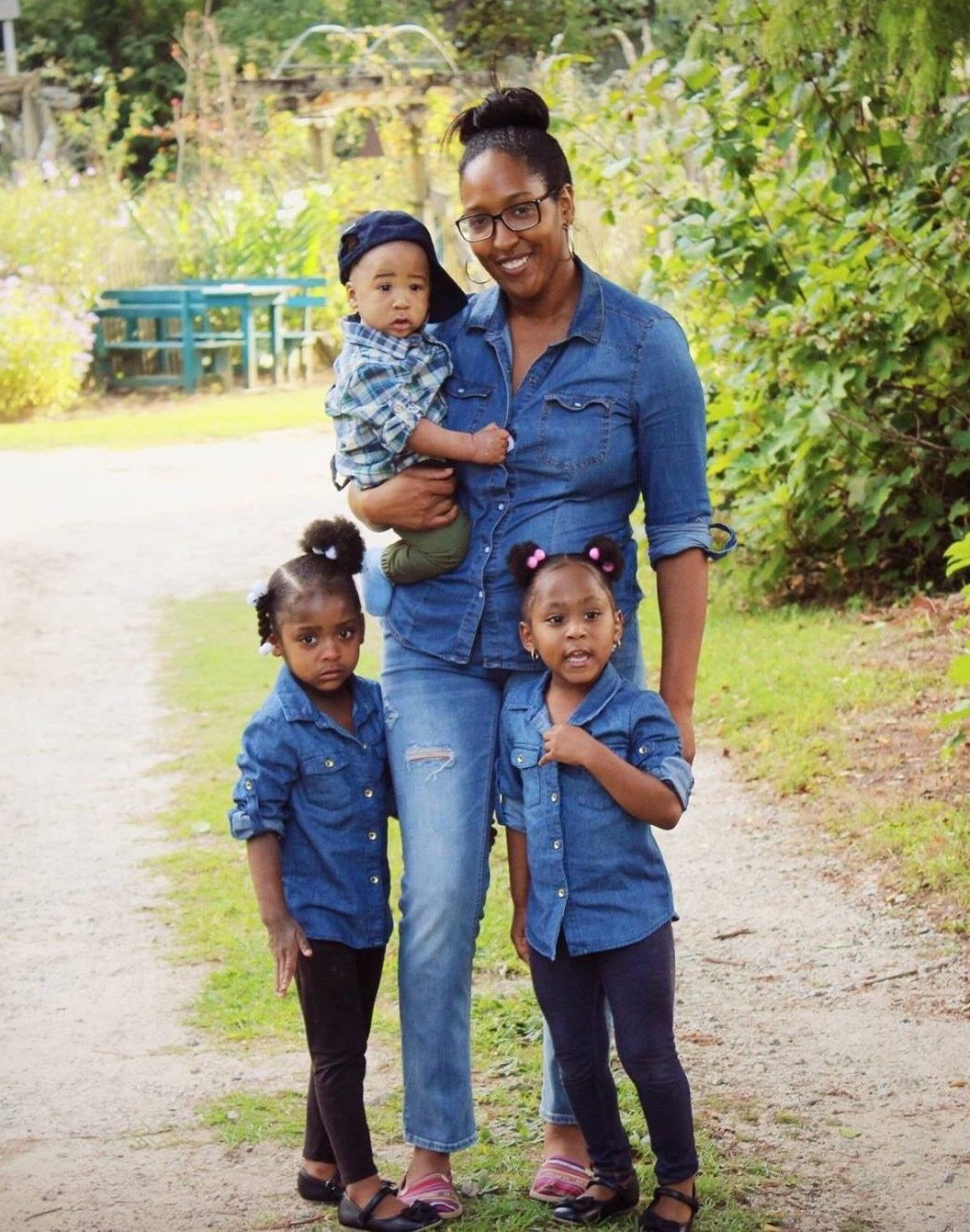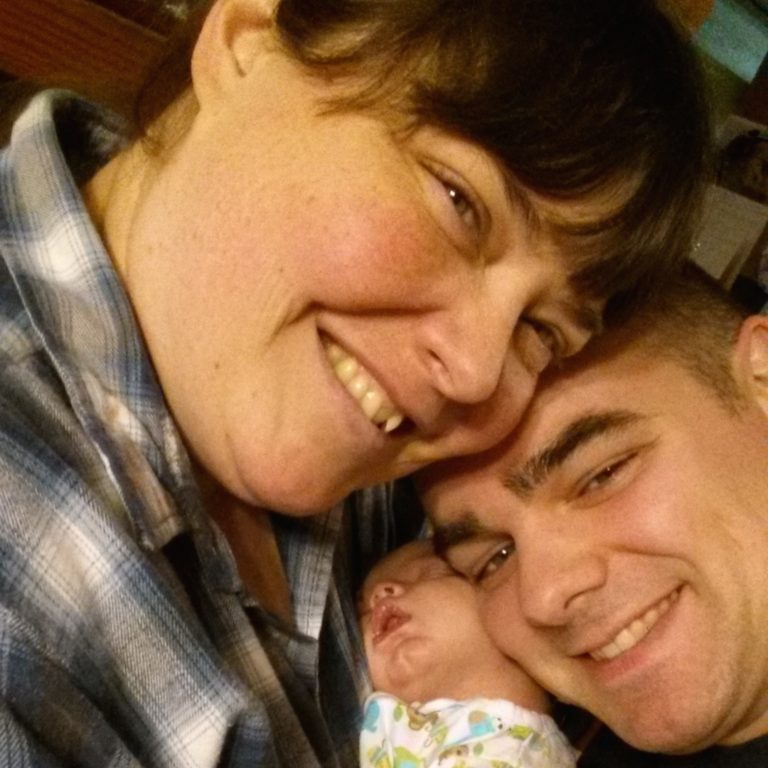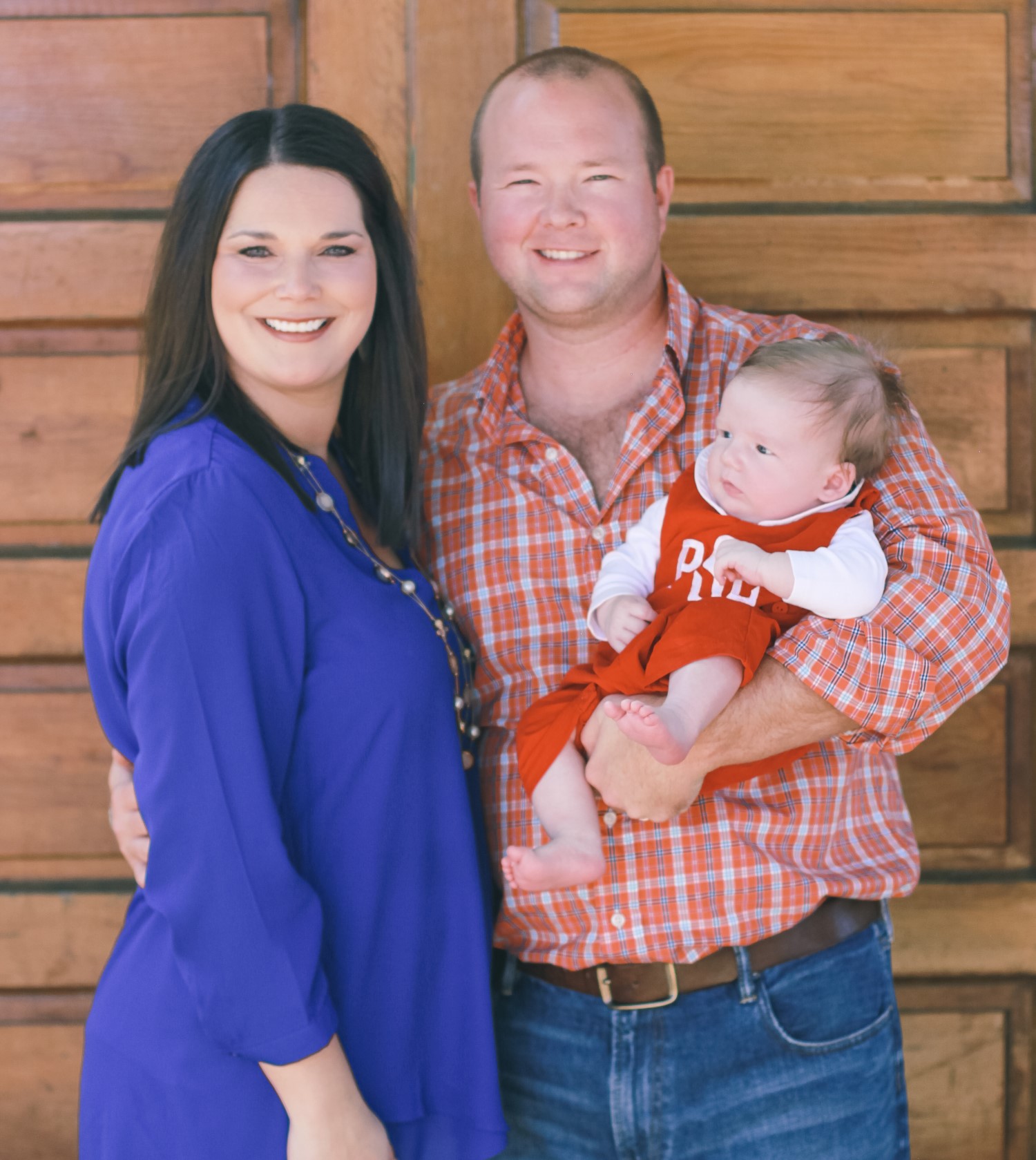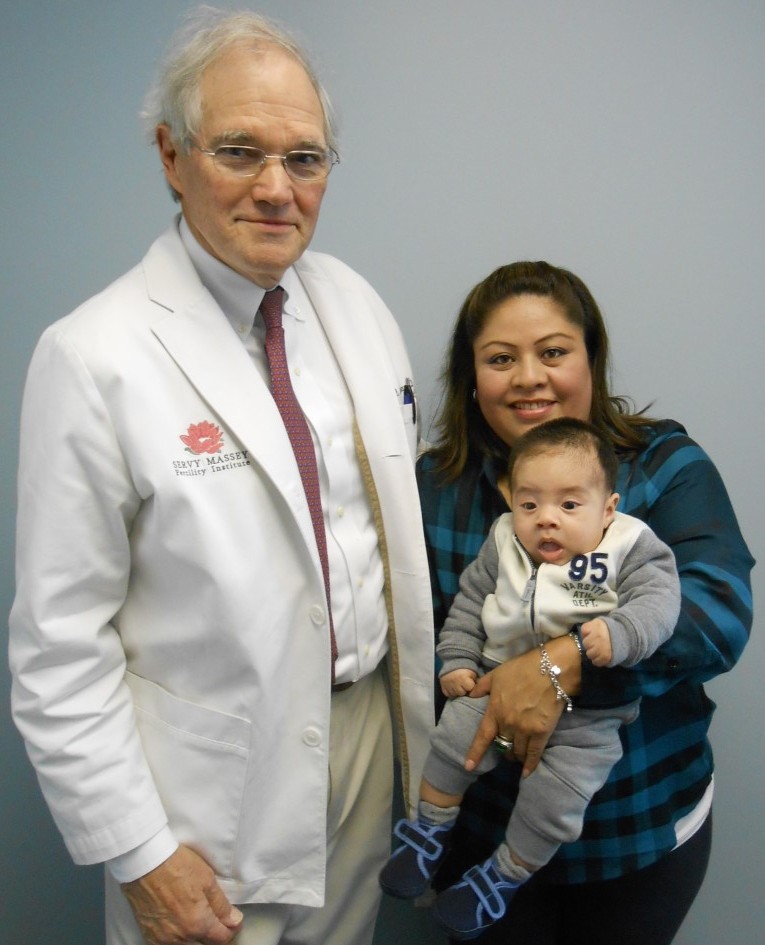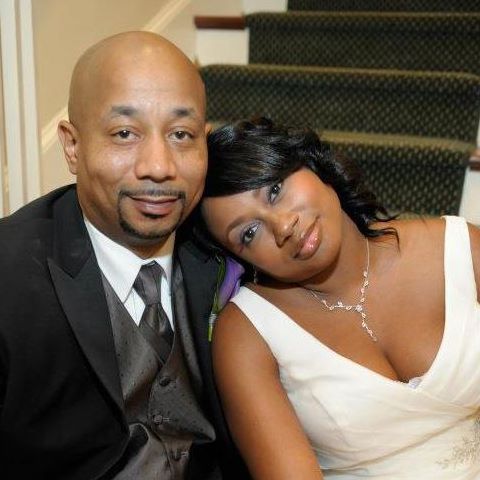There are many causes of infertility that can be identified through our infertility testing. Once we identify the cause, we discuss the options for success and help you choose the best treatment for your unique situation.
At a Glance
- It is important to determine if a woman is ovulating when she is having trouble conceiving
- A woman’s age is an important factor in her fertility
- IUI and IVF are common treatments for infertility
Ovulation Problems
Patients who are skipping periods some or all the time, are frequently not ovulating. If you are having periods between 25 and 35 days and they are reasonably regular, you are probably ovulating. You can determine this on your own by doing temperature charts which provides a good preliminary predictor of ovulation. If there is a suspicion that you are not ovulating, then a blood progesterone test can be done in the latter half of the cycle.
How do I know if I am ovulating?
A good way to determine if a woman is ovulating is to check her history of menstrual cycles. A woman who has regular menstrual cycles which are less than 35 days from the beginning of one to the beginning of the next, is most likely ovulating. We suggest some initial at-home testing in our “Can I predict fertility before I see a doctor” section of the female fertility testing page.
Polycystic ovarian syndrome (PCOS)
PCOS occurs when a woman’s follicles stop developing eggs and instead produce many tiny cysts in the ovaries. Symptoms may include irregular or no periods, abnormal hair growth on the face, back or chest, weight gain, and acne. While PCOS has no cure, its symptoms can be managed, and infertility treatments can help these women conceive.
Age and Infertility
The number of eggs as well as the quality of eggs begins to decline around age 32, with the decline accelerating around age 37. The probability of spontaneous pregnancy, or getting pregnant without help, decreases from around 55% for women younger than 30 years old, to 40% in between the ages of 31 and 35, to less than 10% for women who are over 35.
When should I see an infertility specialist?
What is assisted reproductive technology (ART)?
If I go to an infertility specialist does that mean I will need IVF?
Intrauterine insemination (IUI) / artificial insemination
Artificial insemination, or intrauterine insemination (IUI) is a procedure where the sperm is injected into the woman’s uterus through a catheter. The sperm swim up to the fallopian tubes to fertilize the egg that was released during ovulation. The woman must have no blockage in her tubes and the sperm count should be normal because IUI has very low success with severe male factor infertility. IUI is frequently the starting point since it is an affordable infertility treatment that has very good results through multiple attempts.
In vitro fertilization (IVF)
In vitro fertilization (IVF) involves fertilization of the eggs and sperm in a special dish in a laboratory. The resulting embryos are then either frozen through cryopreservation or there is a fresh transfer of one or more embryos back into the woman for implantation.
How often does IVF succeed?
The success rate of IVF depends predominantly on the age of the woman. Also, the reason for her infertility may influence the outcome. “Success” is counted only for babies born; pregnancies that result in miscarriage do not count. The United States Center for Disease Control and Prevention reports success rates in this country to be around 40% for women under the age of 35. The success rate drops to around 30% between ages 35 and 37. Women aged 41 to 42 may experience rates of IVF success as low as 10% per cycle.
Comparing IVF results to the possibility of pregnancy without IVF, success is typically calculated on a month-to-month basis. The comparison should be 25-year-old women who are trying to conceive on their own and usually succeed around 20% of the time. No one conceives every month successfully. IVF is intensive treatment and involves considerable commitment on the part of the partners. Millions of women now have had children which would never have been born otherwise. Since IVF is always under 50% successful, you must consider the possibility of having to do this procedure twice.
Some couples are fortunate enough that when they do an IVF cycle, they have extra frozen embryos, so they have more tries with frozen embryo transfer (FET) and do not have to start over. In other words, if a woman has four embryos, she can put them back one at a time until they are gone, and her cumulative success rate could be as high as 60% if she is younger; lower if she is older.
Do you have egg donors?
Yes, we have a robust egg donor program. We partner with Egg Donor Collaborative, which provides a database of screened donors from multiple fertility centers across the country. We also have access to My Egg Bank (MEB) eggs.
Endometriosis
Endometriosis is present in at least 35% of infertile women who have no other problem. It is a condition caused by abnormal implants of dark endometrial tissue outside of the lining of the uterus, on the ovaries or other parts of the pelvic area. They are seen easily on laparoscopy. Women under age 33 who are infertile, and particularly if they have significant problems with painful periods called dysmenorrhea, should consider having a laparoscopy to determine if they have endometriosis. If they do, it can be treated and ablated, and their fertility is likely to improve.
Recurrent pregnancy loss
Although most miscarriages are due to problems related to chromosomes in the egg, if a woman has had two or three miscarriages, she should consider an evaluation for treatable maternal causes for pregnancy loss. Your doctor will be interested in exploring the historical features of the pregnancy losses because there might be a correctable cause. The suspicion for a maternal cause is higher if the pregnancy progressed to heartbeat on ultrasound and is then lost. The anatomy of the uterus needs to be assessed and certain tests are needed for autoimmune diseases.
There is a field of thought that suggests that there are “alloimmune” disorders which cause miscarriages. Extensive testing is done, for example, for the number of natural killer cells. Natural killer cells are normal in the uterus and no one knows how many of these cells are supposed to be in the peripheral blood. The tests themselves frequently are misleading and the therapies that evolve from the testing of these and other alloimmune potential disorders is quite controversial.
Since recurrent pregnancy loss is usually due to repeated chromosomal errors, there is a solution which can cut the miscarriage risk in half. IVF with preimplantation testing testing rules out aneuploidy, the presence of an abnormal number of chromosomes. Only the euploid embryos are selected for transfer.
Laparoscopic surgery
In this minimally invasive surgery, laparoscopy uses a tiny telescope with a camera to investigate the tubes, ovaries and uterus. During the laparoscopy, surgical approaches can be used to correct certain problems.




